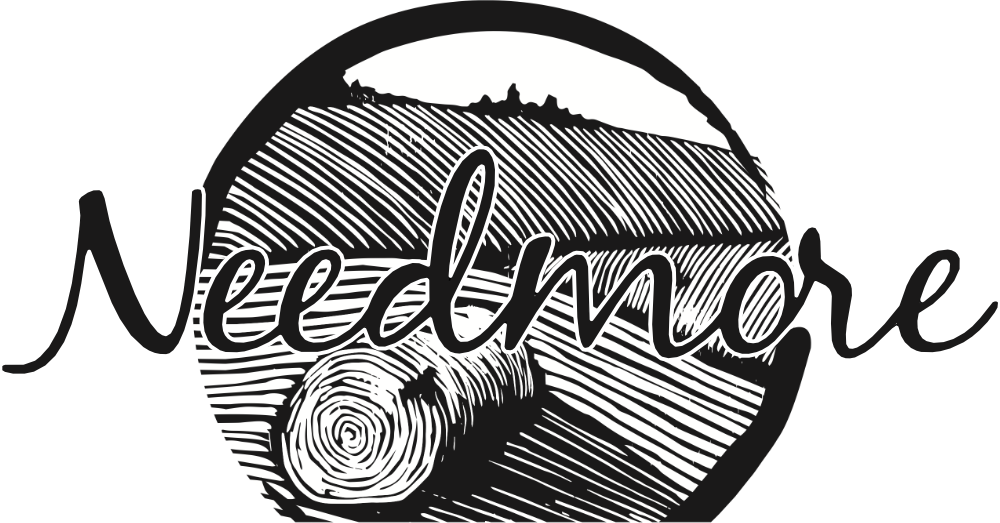We are thrilled to announce our newest single-origin offering: a fair trade, organic Indonesian coffee from Sumatra. Our Sumatra Aceh Gayo is a dark Vienna roast, smooth bodied coffee with notes of cocoa and lemongrass. In this post, we will tell you a little bit about what makes Sumatra such a captivating coffee origin.
How long have Indonesians grown coffee?
Coffee production in Indonesia began with many years of oppression and struggle for its people. Indonesian coffee farming originated as part of the country’s colonial occupation by the Dutch in the 17th century. As part of the colonial regime, Indonesians cultivated coffee on large Dutch-owned plantations. The punishing plantation culture caused years of financial and political hardship for laborers and locals alike. Fortunately, after a coffee-leaf-rust epidemic during the 1860s and 1870s decimated the country’s coffee industry, the Dutch abandoned many of their plantations. As a result, laborers were able to claim their coffee industry. Locals took up small plots of land and planted coffee plants that were more resistant to disease. Today, smallholder growers are the norm.
Where is Needmore’s new coffee grown?
We source our Sumatra coffee from the Gayo Arabika Indonesia cooperative. The Cooperative has about 550 smallholder farmer members who each own less than 1.5 hectares of farmland. The cooperative’s farms are located in the mountainous Aceh province of Sumatra, an area that has long been known for its quality coffee offerings. The members of the Gayo Arabika Indonesia cooperative typically process their coffee in house, using the typical wet-hulled or Giling Basah process.
How is Sumatra coffee processed?
Coffee enthusiasts love to talk about Sumatra’s unique production methods: a process called wet-hulling, which produces a distinctively earthy flavor profile. Prior to the 1970s, coffee farmers in Sumatra produced the more common washed and natural process coffees. However, Japanese interest in Sumatran coffees encouraged coffee producers in the region to switch to the wet-hulled process. The wet-hulled process also helps to speed up the drying process and protects the crops from damage by the wet weather patterns in the region.
Today, Sumatran coffee farmers typically harvest and depulp their coffee cherries by hand. After they complete these initial steps, they allow their coffee to dry very briefly at the farm before offering their beans for purchase. Producers sell wet-hull processed beans to buyers in a moist state (anywhere from 30-50% moisture) with their mucilage still attached. Then, coffee buyers remove the mucilage before drying the beans. This process results in beans with an extremely unique flavor profile. We can’t wait for you to try them!



